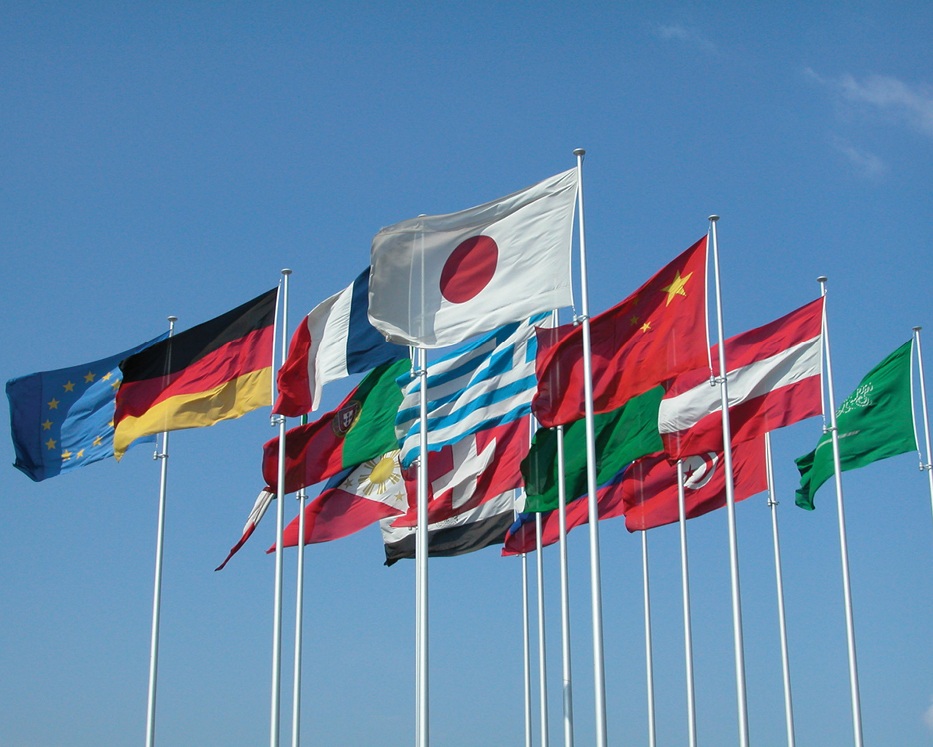Key Takeaways
- A new proposed code section creating retaliatory taxes has raised fears on Wall Street.
- The Trump administration remains committed to the policy of pushing back against the global minimum tax.
- The proposed retaliatory measure is a "backstop" to the administration, a Treasury official said.
- The law could drive investment away from the U.S., former officials warn.
- Congressional staffers are also concerned the provision could violate Senate reconciliation rules.
A provision in the House-passed “One Big Beautiful Bill” creating retaliatory actions against countries with “discriminatory” tax regimes is drawing notice both inside and outside the tax world.
According to reports, the proposed Sec. 899 is causing angst on Wall Street and among some business sectors. By targeting foreign taxpayers with a presence in the U.S., the proposed new code section has raised fears that it could drive away more foreign investment, at a time when investors are already spooked by instability and potential trade wars over President Trump’s tariffs.
But despite those worries, the Trump administration has made clear that the legislation matches their position regarding the 15% global minimum tax, digital services taxes, and others they view as problematic and unfair.
Treasury official Rebecca Burch, speaking at a recent Federal Bar Association conference, said the provision reflects the “long-standing and publicly stated dissatisfaction” with the minimum tax, also known as Pillar Two, within the Republican Party, and that it bolsters the U.S. position that there should be no overlap between it and the U.S. international tax regime.
In the context of the Organization for Economic Cooperation and Development’s global minimum tax, Sec. 899 would mainly apply for countries that adopt the under-taxed profits rule, a key law for implementation of the regime. Through the UTPR, countries would tax local subsidiaries of foreign multinational corporations based in jurisdictions that don’t adopt Pillar Two, if those companies have any income taxed at below 15%. The U.S. has strongly objected to the rule, because it could lead countries to tax U.S. firms with domestic income taxed below that rate, due to credits or timing issues.
“When I look at 899 I don’t just see it in the present. I see it in the future as well,” she said. “It ends up being the ultimate backstop to the US position.”
Her choice of words may have raised the eyebrows of many in the international tax sphere. A “backstop” is how many OECD officials have described the UTPR, as the enforcement mechanism for the global minimum tax for companies headquartered in jurisdictions which do not implement the OECD rules. (Which, as Burch emphasized, includes the U.S. for the foreseeable future.)
In both cases, the idea is that the “backstop” won’t need to be used for it to play its role. It only needs to be present as a disincentive for countries to engage in certain behaviors. But the UTPR, initially a smaller and narrower rule targeting only some kinds of intercompany payments, is now poised to affect many U.S. multinationals.
The problem is that these two backstops can’t peacefully coexist as merely inactive measures. They’re poised to spark retaliatory actions on both sides. That is, unless Burch’s proposal for a safe harbor broad enough to cover all U.S. companies and income–or some other, yet-to-be unveiled solution to the impasse–can come to pass.
Noteworthy Items This Week
“The notion that those are not going to be deemed compliant just is a nonstarter for us,” Faulkender said at an event hosted by the U.S. Chamber of Commerce in Washington June 3. “Unlike the Biden administration, we are not ceding our sovereignty . . . to the OECD.”
Funds May Quit US Over Tax Bill, Former Treasury Official Says – Somesh Jha, Bloomberg Tax ($):
GOP Budget Adds Punitive Twist To Talks On Digital Taxes – Kevin Pinner, Law360 Tax Authority ($):
"I'm not sure it will have the greatest impact [on DSTs] and that's because it doesn't just target DSTs," Brosy said. "This is such a punitive tax that could add to a lot of uncertainty and could further freeze or delay foreign investments, for example."
Parliamentarian could nix the ‘revenge tax’ increase in GOP megabill – Brian Faler, Politico:
The OECD plan is the real extralegal investment killer. It imposes onerous new compliance burdens in any jurisdiction that adopts the system and rides roughshod over most existing tax treaties (including those that other countries have with the U.S.). The complex rules in pillar two expose American companies to large-scale double taxation around the world. The Biden Treasury signed on because it wanted to end global tax competition from countries that have low corporate tax rates.
Public Domain Superhero of the Week
Every week, a new character from the Golden Age of Comics, who’s fallen out of use.
This week’s entry: Bob Phantom

Debut Year:1939
Debut Publication: Blue Ribbon Comics #2
Origin Story: A scathing New York gossip columnist, he moonlights as a masked crime-fighter who succeeds where the police fail.
Superpowers: Trained by a magician, he can disappear and re-appear, seemingly at will.
Eide Bailly's International Tax Team and our affiliates at HLB, The Global Advisory and Accounting Network, stand ready to assist with your worldwide tax needs.
Make a habit of sustained success.



